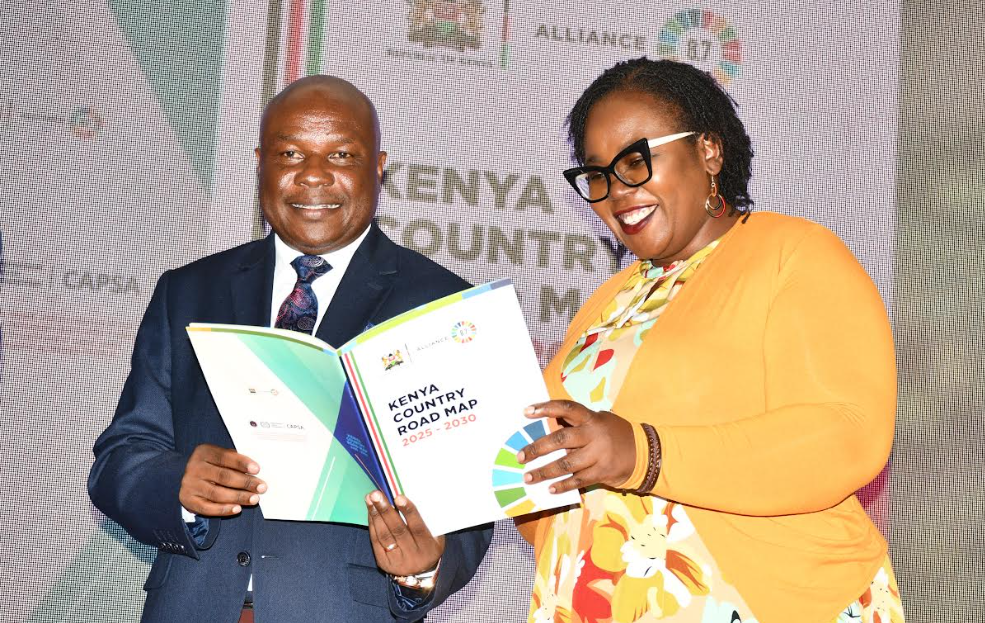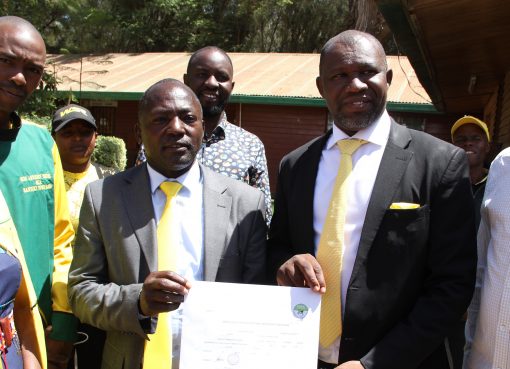The government has pledged to establish child labour committees in all 47 counties to champion the rights of children and address increased cases of child labour and exploitation.
Already, eleven committees have been formed to arrest the worrying cases of children involved in labour, mostly driven by harsh economic hardships facing families.
According to Shadrack Mwadime, the State Department for Labour and Skills Development Principal Secretary, Kenya is committed to ending child labour practices within its borders by partnering with key stakeholders.
Mwadime announced the plans to establish child labour committees in all 47 counties as part of deliberate efforts to end child labour practices.
The PS apologised to the Uganda officials, who raised concerns over the trafficking of children from the Karamoja region in Uganda to work as domestic workers in Kenya.
The Uganda officials said the minors have for years been exploited by human traffickers, who prey on their extreme poverty levels and lack of education.
Speaking during the closing ceremony, marking the end of the International Labour Organisation (ILO), Accepted Conditions of Work in Sub-Saharan Africa (CAPSA) project, the PS lauded the continued efforts calling for an end to child labour.
The five-year CAPSA project started in 2020 and was implemented in Kenya and Uganda, aiming to enhance the enforcement of legal frameworks and policies related to child labour, forced labour, and human trafficking.
In Kenya, the project was implemented in five counties: Nairobi, Kwale, Bungoma, Kajiado, and Mombasa, which for years recorded high cases of child labour and trafficking.
The five counties were selected due to the recorded increase in the number of children who dropped out of school to perform duties, including herding cattle and working in mines and agriculture sectors.
The PS said part of the interventions to address the concerns is to ensure all school-going children remain in school to enhance their capacities and tap their potential in various fields.
He added that the government will also seek to create more awareness among Kenyans at the grassroots, noting that a section of parents have left their children to work for pay.
Consequently, Mwadime said that labour officials across the country will collaborate with security agencies to arrest perpetrators of the vice so as to face the full force of the law.
The PS said Kenya will also join other countries to join Alliance 8.7, creating a pathway for an area without child slavery and human trafficking.
Hellen Apiyo, the Labour Commissioner at the Ministry, said Kenya will seek to strengthen its systems, address the data gap, and enhance the capacity of institutions tasked with tackling child labour.
She added that efforts coupled with partnerships with private players and civil societies will ensure a more coordinated pathway to ending child labour and trafficking of minors within the country and across our borders.
According to Director Caroline Mugalla Khamati, ILO Country Office for Tanzania, Burundi, Kenya, Rwanda, and Uganda, one of the key recommendations is to prevent trafficking at its source by investing in education and economic empowerment.
Khamati said it is to strengthen protection measures and enhance border controls between Uganda and Kenya to disrupt trafficking networks, as well as establish legal and safe migration channels to reduce reliance on traffickers.
She said the government in the individual countries must seek to support survivors by ensuring access to housing, healthcare, and legal aid for trafficked girls.
“Let us remain steadfast in our efforts to eliminate exploitative labour practices and to create a future where all children and workers are free from abuse, exploitation, and trafficking,” said Ms. Khamati.
By Erastus Gichohi and Bernice Nge’ndo




